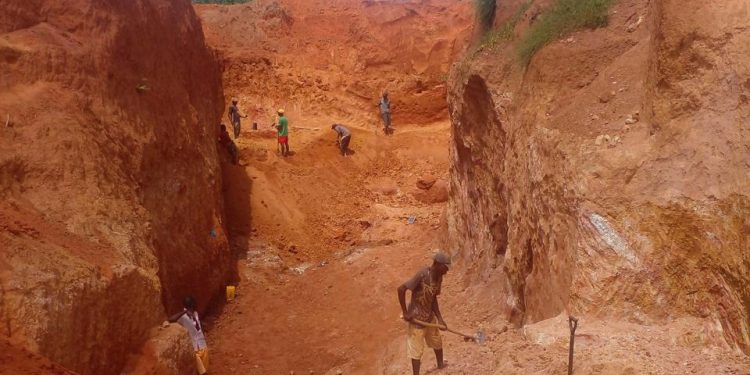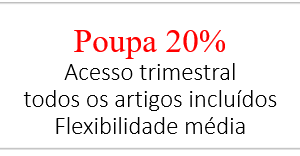- Decision announced by the Council of Ministers aims to curb environmental damage
- Researcher warns suspension alone is not enough, increased monitoring and environmental recovery are required
By MOZTIMES
Maputo (MOZTIMES)—The Mozambican government announced on Tuesday that all mining activities in Manica province will be suspended, following repeated reports of environmental damage caused by mining companies.
The suspension, which is open-ended, is intended to allow for the recovery of the environment, including rivers and the province’s main dam, as well as investigations to hold violators accountable, government spokesperson Inocêncio Impissa told local media.
The announcement was preceded by a mission from the Defence and Security Forces’ operational command, which went to Manica to investigate reports of environmental violations by gold mining companies.
Mery Rodrigues, an environmental researcher at the Maputo-based anti-corruption think tank Centre for Public Integrity (CIP), led an independent study into the environmental impacts of gold mining in Manica. The year-long study, carried out between August 2024 and August 2025, was presented in Chimoio on the same day the Council of Ministers announced the suspension.
Speaking to MOZTIMES, Rodrigues said the study’s findings, which included laboratory analyses, had already been shared with the government ahead of their public release. She believes her team’s research contributed to the decision to halt mining.
“We welcome the government’s decision to suspend mining, given the results we observed in the field,” said Rodrigues. The study found contamination of rivers and of the Chicamba Dam with mercury and arsenic, toxic chemicals believed to be used in gold processing.
“The most serious case is mercury pollution in the rivers, which reached levels 16 times above what is allowed under national legislation,” she said. “The consequences are severe: depletion of fish stocks, contamination of cattle that drink from the rivers, and, even worse, risks to public health from the consumption of contaminated fish.”
Fishing, alongside agriculture, is one of the main subsistence activities in the region.
Suspension not enough
Citing data from the National Institute of Mines (INAMI), Rodrigues stressed that Manica is Mozambique’s leading gold producer, accounting for 65% of national output in 2024.
In total, Mozambique produced 886 kilograms of gold last year, of which 577 kilograms came from Manica, followed by Tete province with 285 kilograms.
“These are the official figures, but our field research found that significant quantities of gold leave the province unregistered due to illegal mining and weak oversight,” Rodrigues said.
Because of these gaps, she doubts the suspension will have the desired impact unless accompanied by stronger enforcement. “In our fieldwork, we found that companies mined at night without any supervision. If that continues, the suspension will be meaningless,” she warned.
The government has said it plans to deploy defence and security forces to reinforce monitoring in Manica. Rodrigues welcomed the measure but stressed the need to oblige companies to restore ecosystems damaged by what she described as “predatory” mining.
“Active measures are needed, such as requiring mining firms to install effective waste treatment systems and invest in environmental recovery,” she argued.
According to the CIP researcher, at the time of the suspension, there were 17 companies formally registered with INAMI operating in Manica. However, she noted that several others were mining without environmental licences, while thousands of artisanal miners also work outside state control. Rodrigues warned that the suspension would affect thousands of workers, especially young people. “What we may see is a rise in clandestine mining, since many young people depend solely on this activity to survive,” she said.
The Public Prosecutor’s Office in Manica has opened criminal cases linked to gold mining, including river pollution, illegal extraction of mineral resources, large-scale deforestation, tax evasion, use of child labour and the dumping of toxic substances into waterways. No arrests have been made in connection with these crimes, said prosecutor Cláudia Isabel José, from the provincial Department for the Defence of Collective and Diffuse Interests, during the CIP event. (MT)




















